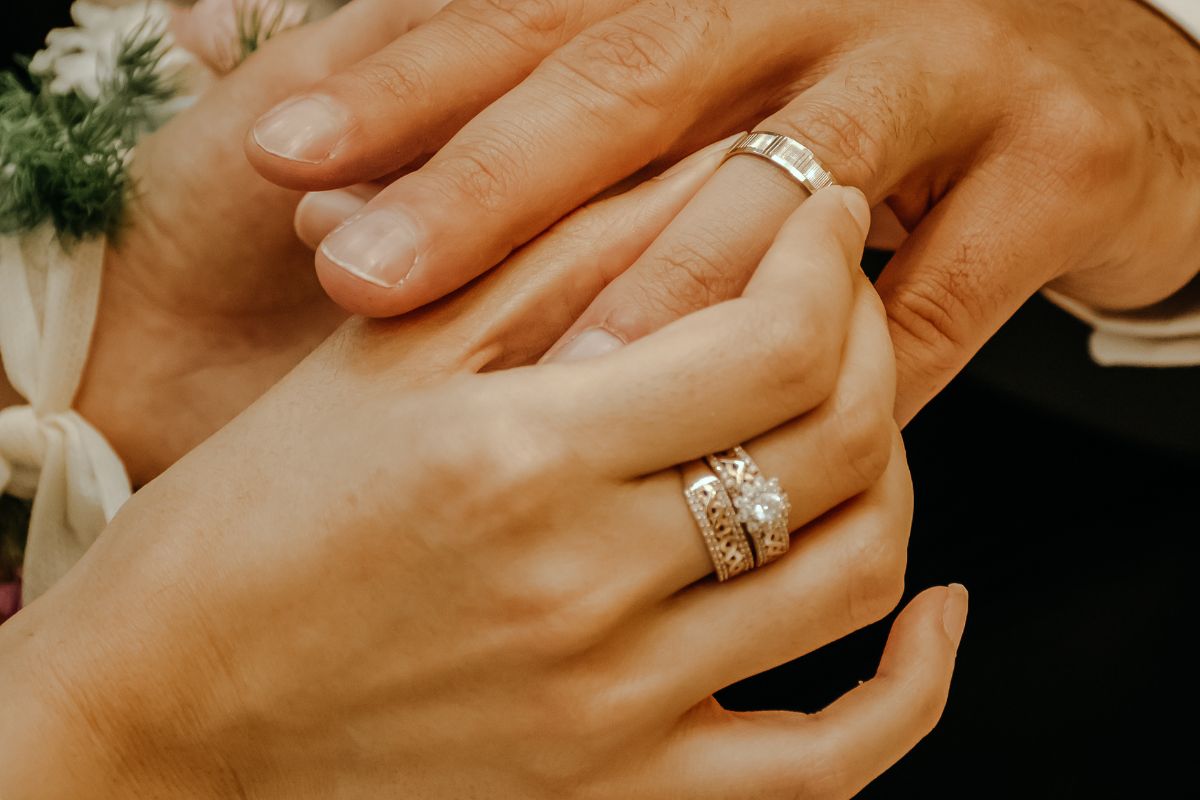
The engagement ring holds a significant place in modern romance, serving as a powerful symbol of love, commitment, and future promises. When a partner slips an engagement ring onto the finger of their beloved, it conveys a plethora of emotions, making it one of the most meaningful gifts one can offer. The psychology behind engagement rings delves deep into the symbolism they carry, exploring the emotional weight and societal expectations that surround them. This understanding provides insight into how these rings represent more than mere jewelry; they embody aspirations, dreams, and the profound connection between two individuals.
At its core, the engagement ring symbolizes the intention to marry and the deep bond shared between partners. Traditionally crafted from precious metals and adorned with stunning gemstones, these rings represent a promise of love and fidelity. The diamond, often the center stone in many engagement rings, is not just a luxurious choice; it embodies strength and durability. This symbolism resonates with the idea of a lasting commitment, suggesting that the love shared will withstand the test of time. The act of giving an engagement ring signals to both the couple and their families that a significant and serious step is being taken in their relationship.
Culturally, engagement rings also reflect societal norms and expectations surrounding marriage. In many cultures, the giving and receiving of an engagement ring are essential rituals that mark a couple’s transition from dating to a committed partnership. This societal pressure can influence individuals’ choices when selecting an engagement ring. For example, some may feel compelled to choose a larger or more extravagant ring to align with societal expectations of what an engagement ring should signify. The psychology of engagement rings, therefore, extends beyond personal meaning, often intertwining with external influences and cultural narratives.
Moreover, the emotional aspect of engagement rings cannot be understated. When a partner proposes with an engagement ring, the moment is often filled with excitement, joy, and anticipation. The ring itself becomes a tangible representation of this emotional milestone. For many, wearing an engagement ring serves as a constant reminder of their partner’s love and commitment, reinforcing feelings of security and belonging. The ring also serves as a conversation starter, allowing couples to share their love story with friends and family, further deepening the emotional significance of the piece.
Another intriguing psychological aspect of engagement rings is the notion of personal choice versus societal expectations. Couples today are increasingly seeking unique and personalized options for their engagement rings, reflecting their individuality and the distinctiveness of their relationship. This trend highlights the evolving perceptions of love and commitment, where traditional standards give way to more personal expressions of partnership. The choice of gemstone, metal, and design can embody shared values, interests, or milestones, making the engagement ring even more meaningful.
The financial implications of purchasing an engagement ring also play a crucial role in its psychological impact. The notion of spending two to three months’ salary on a ring has become a well-known guideline, creating pressure for individuals to invest heavily in this symbol of love. This expectation can lead to anxiety, especially for those who may not have the financial means to purchase a ring that aligns with societal norms. However, as conversations around financial transparency and shared values become more prevalent, couples are increasingly discussing budgets and preferences together, allowing for a more balanced and meaningful choice.
In conclusion, the psychology of engagement rings intertwines symbolism and emotion, creating a rich tapestry of meaning that extends far beyond mere aesthetics. As symbols of love and commitment, engagement rings reflect personal aspirations and societal expectations, playing a pivotal role in the narrative of modern relationships. Their emotional significance lies in their ability to represent a promise for the future, serving as a reminder of the bond shared between partners. Ultimately, engagement rings encapsulate a complex interplay of personal meaning, cultural norms, and individual choice, ensuring their status as one of the most treasured symbols of love in contemporary society.
